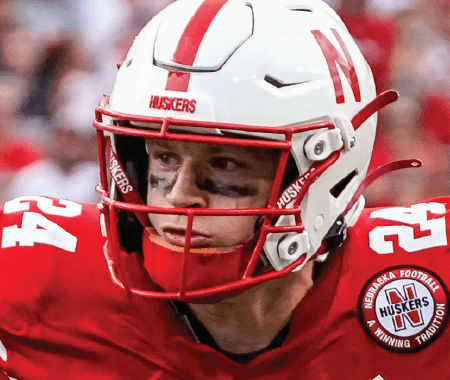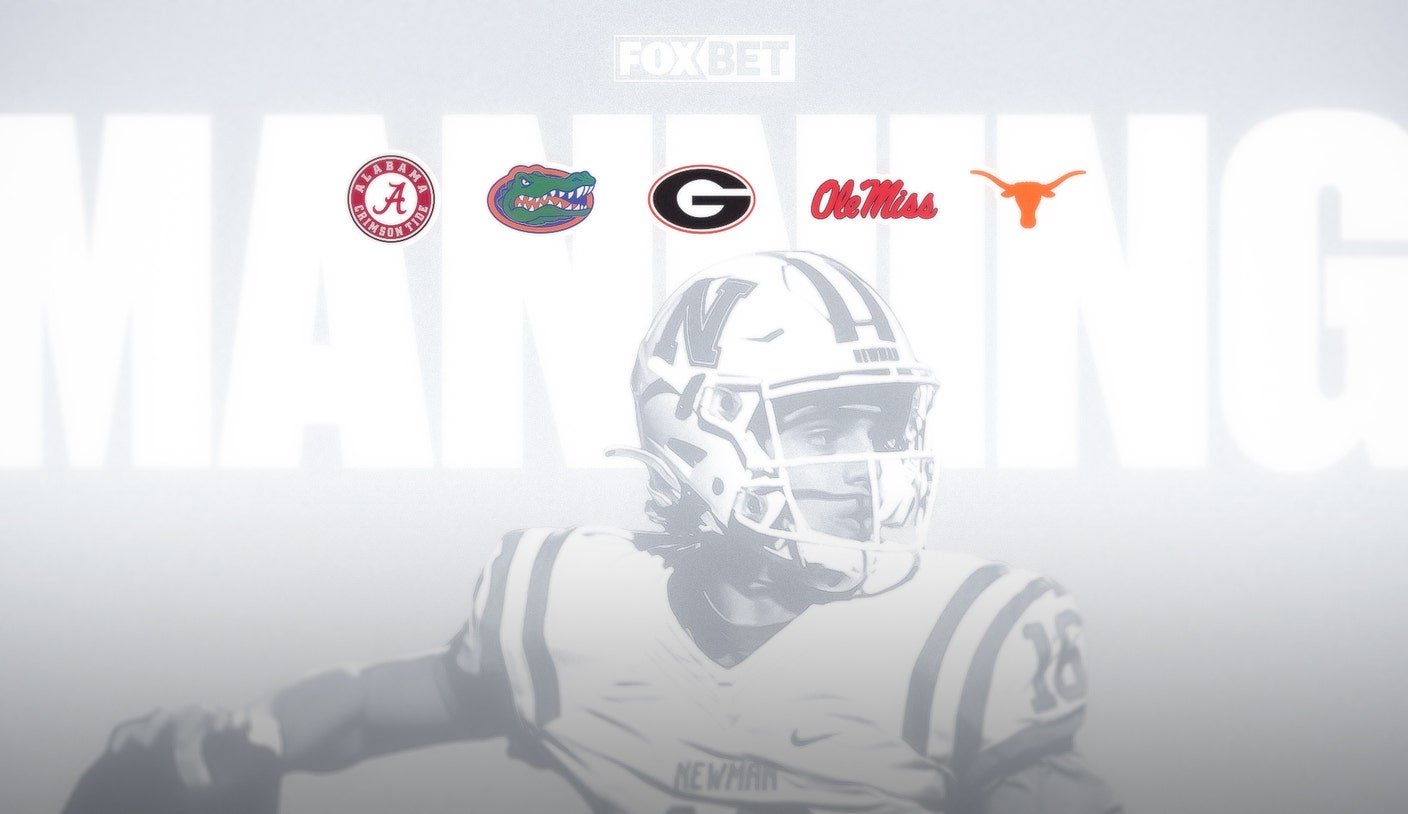Nebraska Legislators Mull Online Sports Betting Bill in Committee Hearing


by Robert Linnehan in Sports Betting News
Updated Aug 1, 2024 · 10:22 AM PDT
The Nebraska General Affairs Committee held a hearing today on an online sports betting billThe bill would potentially legalize online sports betting in the stateNebraska voters would ultimately decide its fate during the November general election through a ballot referendum
Nebraska legislators are mulling over the possibility of legalized online sports betting to reduce property taxes in the Cornhusker State.
Members of the General Affairs Committee held hearings on Sen. Eliot Bostar’s (D-29) bill, LB 13, to legalize online sports betting through a constitutional amendment.
The committee meeting is part of a special legislative session called for by Gov. Jim Pillen (D) to find solutions to lower state property taxes. Bostar introduced his legislation on July 25.
Online Sports Betting Already Happening in Nebraska
Content:
ToggleBostar presented his bill to the committee this afternoon, which amends the Nebraska Racetrack Gaming Act to allow casinos to offer online sports betting. In the introduced legislation, Bostar dedicates the majority of online sports betting tax revenues to property tax relief for state residents.
The bill was accompanied by LR3CA, which would place the fate of the online sports betting bill in the hands of state voters. The legislative resolution would require a constitutional amendment to legalize online sports betting, which would have to be approved by three-fifths of the Nebraska legislature, and then approved by a majority of state voters in the November election.
Nebraska currently allows for in-person sports betting at state casinos. If online sports betting is approved, Bostar explained that Nebraska could expect an additional $32 million in total tax revenues over the next 2.5 years.
The proposed legislation dedicates 90% of online sports betting tax revenue to the Property Tax Credit Cash fund, which provides property tax relief for Nebraskans. Currently, in-person sports betting is taxed at a rate of 20% of gross sports betting revenue and dedicates 70% of tax revenue to the property tax fund. Bostar did note that he was flexible on changing the percentages for potential tax revenues.
Online sports betting is happening right now in Nebraska, Bostar said, with residents using unregulated, underground sports betting platforms and offshore companies to place online bets.
“We’re absorbing the societal and social costs of those who have access to gambling, we’re just not getting any of the economic benefits or resources along with this. We’re giving it away to neighboring states, particularly Iowa,” he said.
A recent geolocation study showed that more than 18,000 Nebraska residents crossed into Iowa during the previous football season to place online bets, he said.
His bill also lifts a prohibition on sports bets on in-state colleges and allows for collegiate prop bets on teams and individuals.
Speaking in favor of online sports betting, Lance Morgan, CEO of Ho-Chunk, parent company of WarHorse Omaha and WarHorse Lincoln, revealed that partnerships have already been made with FanDuel, DraftKings, and BetMGM to provide their online sports betting platforms to Nebraska users.
“We proactively signed up these companies in case this ever happened.”
Will This Actually Help With Property Tax Relief?
Proponents of the measure pointed to the fact that whatever annual tax revenue brought in from online sports betting will have an extraordinarily small effect on the average property tax bill in Nebraska.
Nate Grasz, Director of the Nebraska Family Alliance, said the proponents of online sports betting are the same individuals who pushed the legalization of casinos through in 2020. Nebraska voters ultimately approved of legal gambling at casinos in the state after passing three ballot initiatives during the November 2020 election.
Iowa, he said, recently brought in $14 million in online sports betting tax revenue for the previous fiscal years. Nebraska has a total population of 3.1 million individuals compared with Nebraska’s 1.9 million.
“Any revenue we expect to see would be far less than that…if you’re serious about property tax relief, online sports betting is not the answer,” he said.
The opposition also had one major ally on its side, as legendary Nebraska football coach Tom Osborne, who coached the Cornhuskers to three national titles from 1973 through 1997, came out against the legislation.
Sports betting lessens an athletic contest, he said, as people become more worried about point spreads than the actual outcome. Revenues will also likely not decrease property taxes much and will only increase gambling addictions among Nebraskans, he noted.
According to the Nebraska Department of Revenue, property taxes paid in 2023 totaled $5,307,865,388 for an average property tax rate of 1.67%. If online sports betting brought in a little less than $13 million a year annually (with only 90% going to property tax relief), it would barely put a dent in the average property tax bill.
But, as one Senator in the committee hearing put it, any solution right now that doesn’t take money or resources away from another piece of the budget is worth discussing.
“The situation here is you found a source of revenue where we’re not taking a slice of someone else’s part of the budget, or whatever they’re doing that we’re going to take money from or move money from,” Sen. Tom Brewer (R-43) said.
Brewer clarified that he is not a rabid supporter of gambling expansion, but the solution is one that should be considered.
No action was taken on the legislation during the hearing.
Additional Sports Betting Bill Discussed
Bostar’s bill was not the only piece of sports betting legislation to be discussed during the hearing. Sen. Tom Brandt’s (R-32) bill, LB 32, seeks to allow sports bets on in-state colleges and collegiate prop bets on teams and individuals.
Brandt’s bill only applies to in-person Nebraska sports bets.
The committee had no questions for Brandt, but Grasz pointed to the recent NCAA recommendation that all states outlaw collegiate player prop bets.



